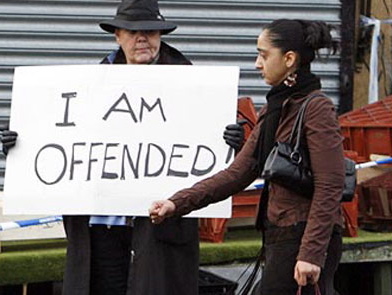
Photo from ransomfellowship.org
As some of you know, we are doing M’Cheyne’s One Year Bible Reading Plan. But many of you might not know who he is and what impact he made in history. Robert Murray M’Cheyne was born in 1813 in Edinburgh, Scotland. He was a pastor in the Church of Scotland starting from the young age of 22 until his death in 1843.
It is humbling to know that M’Cheyne only lived until the age of 29 due to an illness.
But within his short, yet full life, M’Cheyne became a catalyst to challenge the Church of Scotland to engage in missions to the Jews. He was also well-known for his life of prayer, as well as his life of holiness. With his love for God’s Word, M’Cheyne contributed to the Body of Christ by creating a method of reading through the Bible in one year.
Andrew A. Bonar, a friend of M’Cheyne decided to write a biography of M’Cheyne. Some of the materials came from M’Cheyne’s original manuscripts and it was titled, “The Memoir and Remains of the Rev. Robert Murray M’Cheyne.” Even to this day, this book has influenced many people in their spiritual growth.
Bonar in his book, shares something that M’Cheyne said when he was alive. M’Cheyne wrote about the importance and the advantages of having a broken heart. He writes,
I have always been an advocate about the offense of the Gospel. In fact, I have made it clear on many Sundays that if I don’t offend people through the preaching of the Gospel, then I have failed to really preach the Gospel.
The Gospel is offensive to the proud, arrogant and self-sufficient person.
The more we understand the Gospel, we will realize that it is a complete antithesis to our human nature. We always want to be right. We think we are better than we really are. We try very hard to earn our worth and affirmation. We don’t like to admit that we are weak.
It is interesting that M’Cheyne mentions that there have been people who have left the church because they were enraged with the preaching of the Gospel. The incredible part is that he anticipated that more people will leave due to the preaching of the Gospel.
But his delineation of a broken heart was inspiring and insightful. When a person is broken, they will have no reason to be offended. They are already in pain. They are struggling with shame and guilt. They realize that they cannot save themselves through righteous acts.
It is at this point, when Christ’s righteousness and not our works is preached, it will bring healing to us rather than offense.
This is also a good remember for us the next time we get offended, not only from the Gospel but when someone does something to us. If our hearts are broken, then we will realize that we have been saved by grace and that person needs the same grace and forgiveness.



